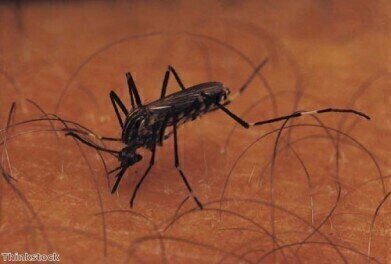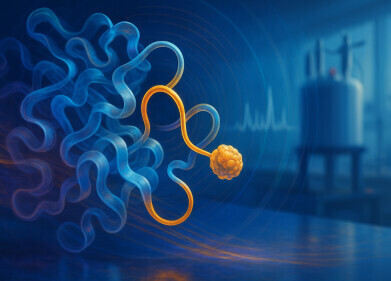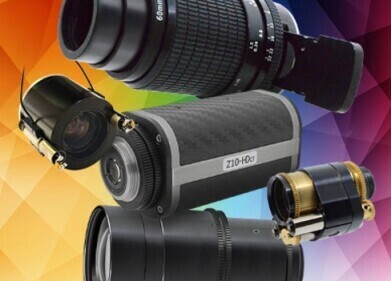-
 The vaccine has shown promise in the initial clinical trial
The vaccine has shown promise in the initial clinical trial
Microscopy & microtechniques
New malaria vaccine displays promising early stage results
Aug 09 2013
An early stage clinical trial has shown promising results for a malaria vaccine. The study, published in the journal 'Science' has revealed that the PfSPZ vaccine has been found to successfully create an immune response and protect healthy adults against the disease.
The vaccine was developed by Sanaria Inc and the subsequent evaluation of the drug's effectiveness was performed by the National Institute of Allergy and Infectious Diseases (NIAID) and collaborators at the Walter Reed Army Institute of Research and the Naval Medical Research Center.
The clinical trial involved 57 healthy adults between the ages of 18 and 45. None of the participants had ever been diagnosed with malaria. Some 17 participants did not receive the vaccination, while the rest of the sample did. Those that were treated with the vaccine were split into several groups and given between two and six intravenous treatments of the PfSPZ drug at increasing doses.
Once the patients had been given the treatment, they were monitored for seven days in order to ensure that no complications arose. According to the study, no adverse effects were observed in the patients and no one presented with malaria infections.
Blood measurement and analysis showed that the individuals that received higher doses of the drug were prone to the development of more T cells and antibodies against the disease. In order to ascertain the degree of protection the vaccine presented, all participants - including those that did not receive the drug - were exposed to mosquitoes that were carrying the P. falciparum strain of the disease. This exposure took place three weeks following treatment with the drug, and participants were once again monitored for seven days afterwards.
After the seven-day period, participants were admitted to the NIH Clinical Center until they were diagnosed with and treated for malaria. Once the they were shown to be cured of the infection they were released.
Those participants that received higher doses of the vaccine were shown to have a greater degree of protection, with only three of the 15 being diagnosed with the disease. The lower dosage group resulted in 16 of the 17 participants that received lower doses and the 11 out of 12 that became infected following no treatment.
Digital Edition
Lab Asia Dec 2025
December 2025
Chromatography Articles- Cutting-edge sample preparation tools help laboratories to stay ahead of the curveMass Spectrometry & Spectroscopy Articles- Unlocking the complexity of metabolomics: Pushi...
View all digital editions
Events
Jan 21 2026 Tokyo, Japan
Jan 28 2026 Tokyo, Japan
Jan 29 2026 New Delhi, India
Feb 07 2026 Boston, MA, USA
Asia Pharma Expo/Asia Lab Expo
Feb 12 2026 Dhaka, Bangladesh
.jpg)
-(2).jpg)
















